This article describes the steps to install Baun CMS on Ubuntu Linux with Apache support.
Baun is an open-source, flat-file content management system (CMS) with a slick admin interface and a lightweight codebase. It is designed with performance in mind.
Installing Baun CMS on Ubuntu Linux with Apache support allows you to create a website with a lightweight codebase and a slick admin interface. Baun is an open-source, flat-file content management system (CMS) that doesn’t require a database server.
This makes it an excellent choice for websites that don’t have a lot of traffic or that don’t require the complex functionality of other PHP-based CMS, like WordPress, Joomla, or Drupal. Additionally, Apache is the most popular web server, and installing it on Ubuntu is simple.
By installing Baun CMS with Apache on Ubuntu Linux, you can benefit from a powerful, lightweight CMS that is easy to install and manage.
Install Baun CMS on Ubuntu Linux with Apache support
As described above, Baun is an open-source, flat-file content management system (CMS) with a slick admin interface and lightweight codebase, designed with performance in mind.
Below is how to install it on Ubuntu Linux
Install Apache2 HTTP Server on Ubuntu
Apache2 HTTP Server is the most popular web server. Install it since Baun needs it.
To install Apache2 HTTP on the Ubuntu server, run the commands below.
sudo apt update sudo apt install apache2
After installing Apache2, the commands below can stop, start, and enable the Apache2 service to always start up with the server boots.
sudo systemctl stop apache2.service sudo systemctl start apache2.service sudo systemctl enable apache2.service
To test the Apache2 setup, open your browser and browse to the server hostname or IP address. You should see the Apache2 default test page, as shown below.
http://localhost
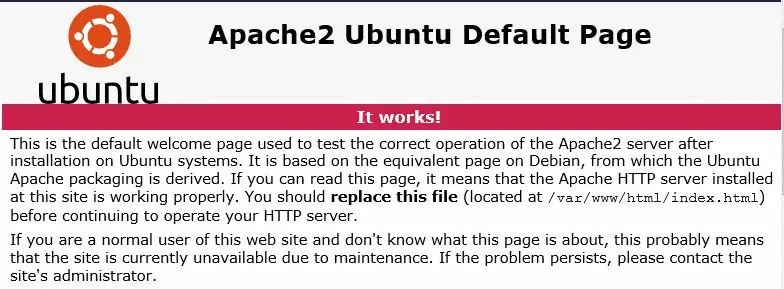
Install PHP 7.2 and Related Modules
PHP 7.2 may not be available in Ubuntu default repositories for some systems. So, you will have to get it from third-party repositories if you need it.
Run the commands below to add the below-party repository to upgrade to PHP 7.2
sudo apt-get install software-properties-common sudo add-apt-repository ppa:ondrej/php
Then update and upgrade to PHP 7.2
sudo apt update
Next, run the commands below to install PHP 7.2 and related modules.
sudo apt install php7.2 libapache2-mod-php7.2 php7.2-common php7.2-mbstring php7.2-xmlrpc php7.2-soap php7.2-gd php7.2-xml php7.2-cli php7.2-curl php7.2-zip
After installing PHP 7.2, run the commands below to open the PHP default config file for Apache2.
sudo nano /etc/php/7.2/apache2/php.ini
Then, save the changes on the following lines below in the file. The value below is an ideal setting to apply in your environment.
file_uploads = On allow_url_fopen = On memory_limit = 256M upload_max_filesize = 100M max_execution_time = 360 date.timezone = America/Chicago
After making the change above, please save the file and close it.
After installing PHP and related modules, you must restart Apache2 to reload PHP configurations.
To restart Apache2, run the commands below
sudo systemctl restart apache2.service
To test PHP 7.2 settings with Apache2, create a phpinfo.php file in the Apache2 root directory by running the commands below
sudo nano /var/www/html/phpinfo.php
Then, type the content below and save the file.
<?php phpinfo( ); ?>
Save the file. Then browse to your server hostname followed by /phpinfo.php
http://localhost/phpinfo.php
You should see the PHP default test page.
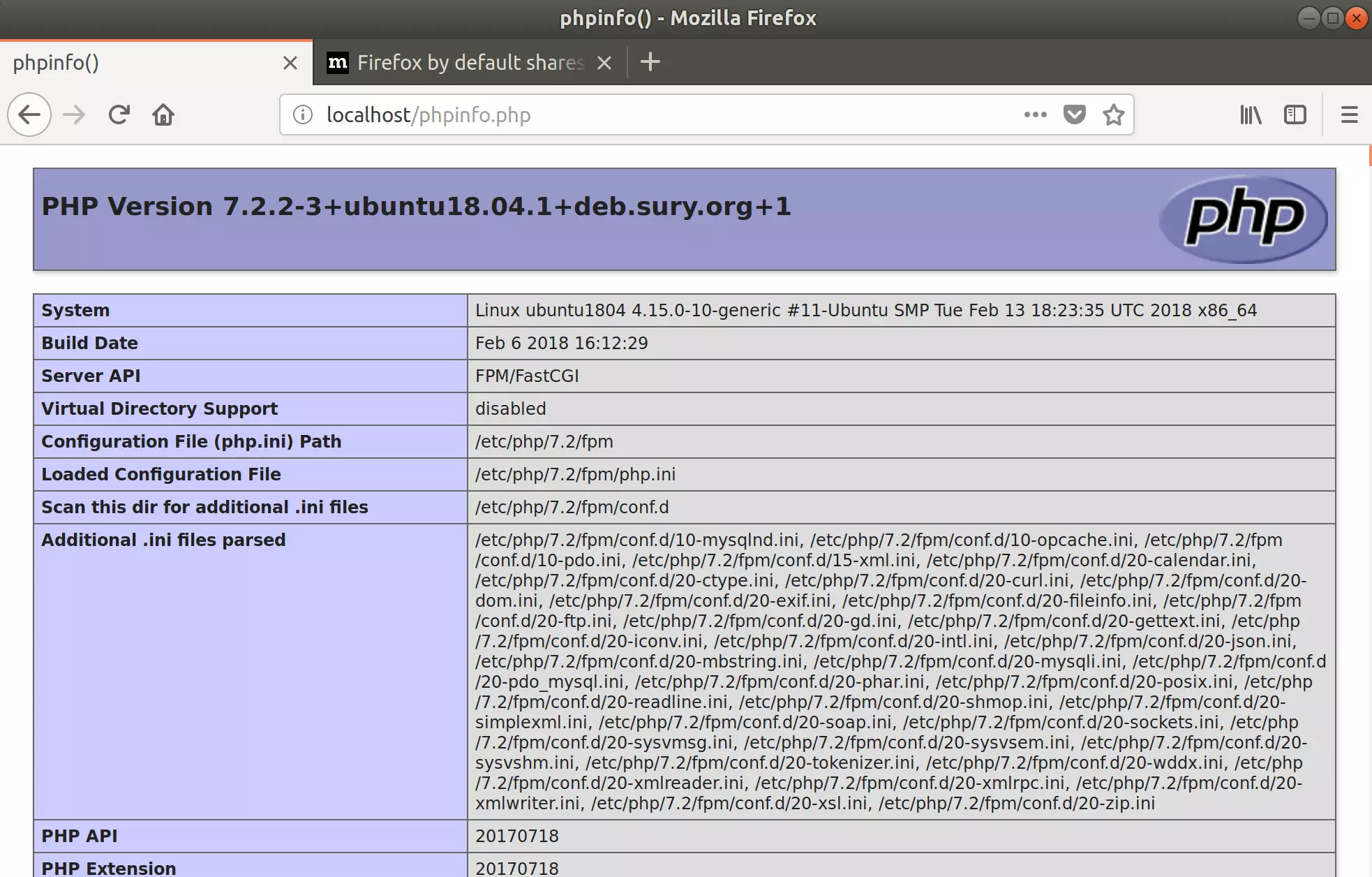
Download Baun’s Latest Release
Next, visit the Baun site and download the latest package. You can also run the commands below to install git, which is required to download Baun packages from GitHub.
After downloading, run the commands below to extract the downloaded file and move it into a new Baun root directory.
sudo apt install git curl cd /tmp && git clone https://github.com/BaunCMS/Baun.git sudo mv Baun /var/www/html/baun
Next, run the commands below to install the composer package and install. You must have the curl package installed for the commands to work. If not, just run sudo apt install curl to install it…
curl -sS https://getcomposer.org/installer | sudo php -- --install-dir=/usr/local/bin --filename=composer
After that, change it to the Baun root directory to install the PHP-required packages.
cd /var/www/html/baun sudo composer install
Then, run the commands below to set the correct permissions for Baun to function correctly.
sudo chown -R www-data:www-data /var/www/html/baun/ sudo chmod -R 755 /var/www/html/baun/
Configure Apache Baun Site
Finally, configure the Apache2 configuration file for Baun. This file will control how users access Baun content. Run the commands below to create a new configuration file called baun. conf
sudo nano /etc/apache2/sites-available/baun.conf
Then copy and paste the content below into the file and save it. Replace the highlighted line with your domain name and directory root location.
<VirtualHost *:80>
ServerAdmin [email protected]
DocumentRoot /var/www/html/baun/public
ServerName example.com
ServerAlias www.example.com
<Directory /var/www/html/baun/public/>
Options FollowSymlinks
AllowOverride All
Require all granted
</Directory>
ErrorLog ${APACHE_LOG_DIR}/error.log
CustomLog ${APACHE_LOG_DIR}/access.log combined
</VirtualHost>
Save the file and exit.
After configuring the VirtualHost above, please enable it by running the commands below.
Enable the Baun Site and Rewrite Module
After configuring the VirtualHost above, please enable it by running the commands below, then restart the Apache2 server.
sudo a2ensite baun.conf sudo a2enmod rewrite
Restart Apache2
sudo systemctl restart apache2.service
Next, open your browser and browse the server hostname or IP address. You should see the Baun page.
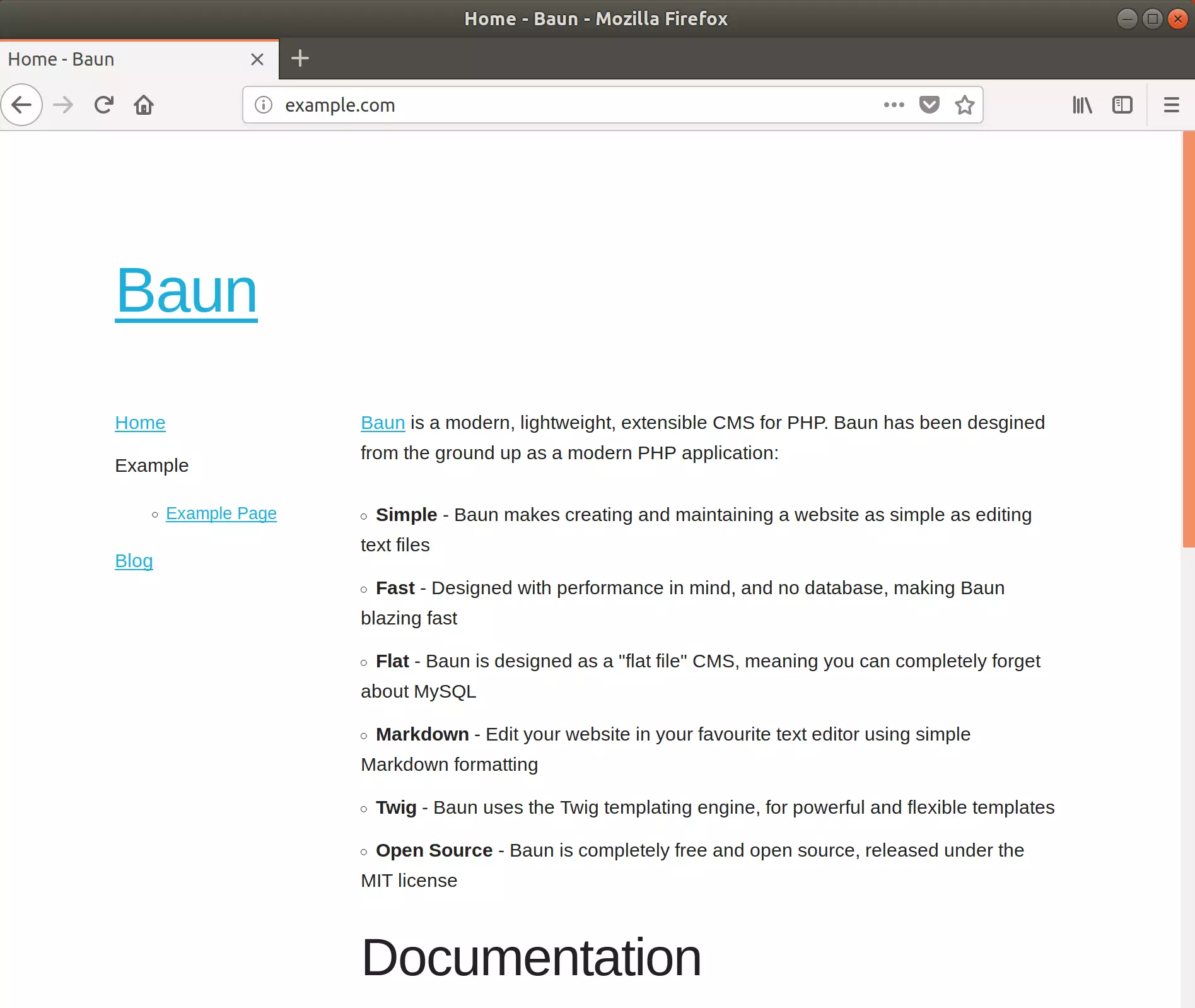
You have successfully installed Baun CMS on Ubuntu. Follow the link below to learn how to enable the admin portal.
https://bauncms.com/plugins/admin/docs
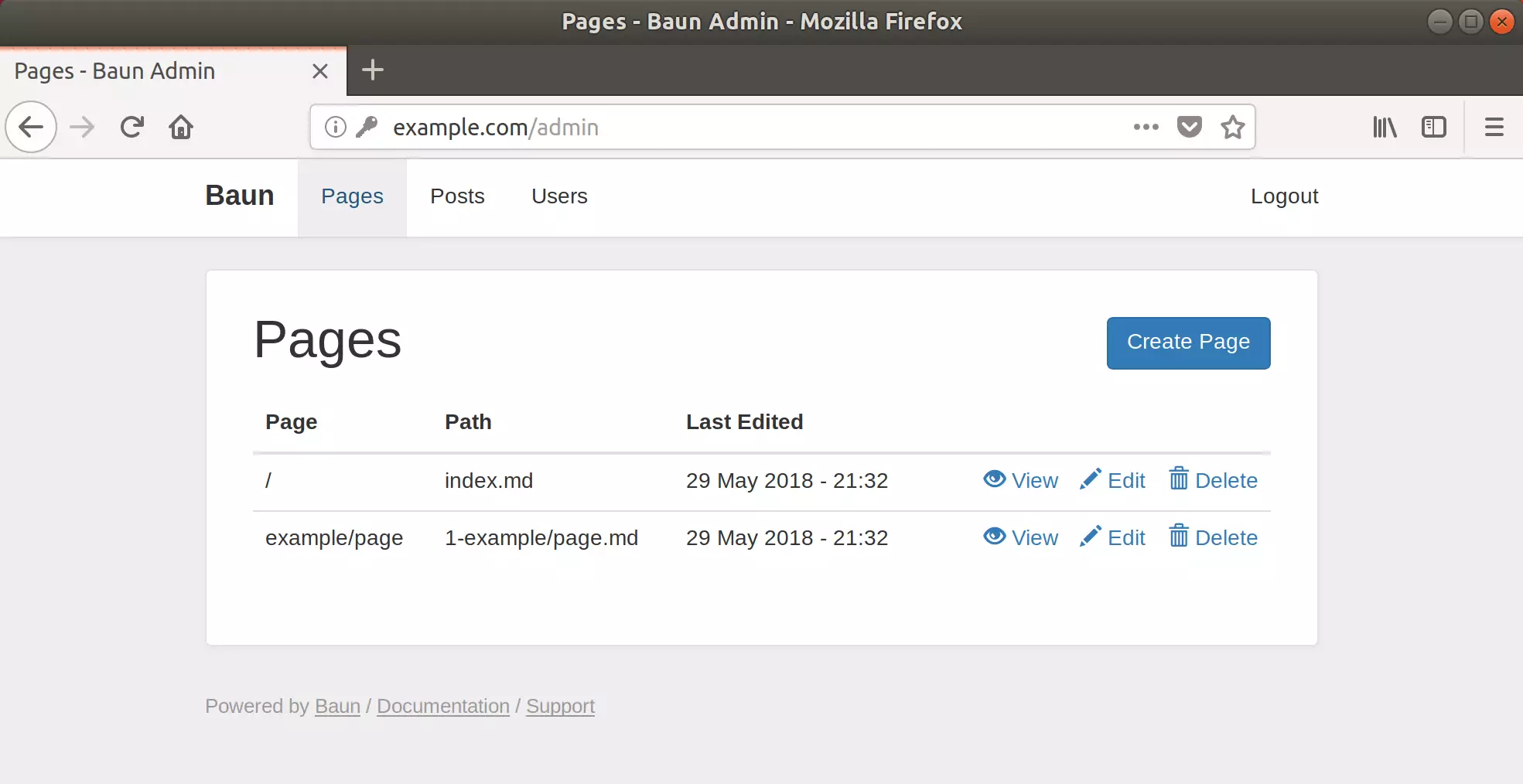
Enjoy!
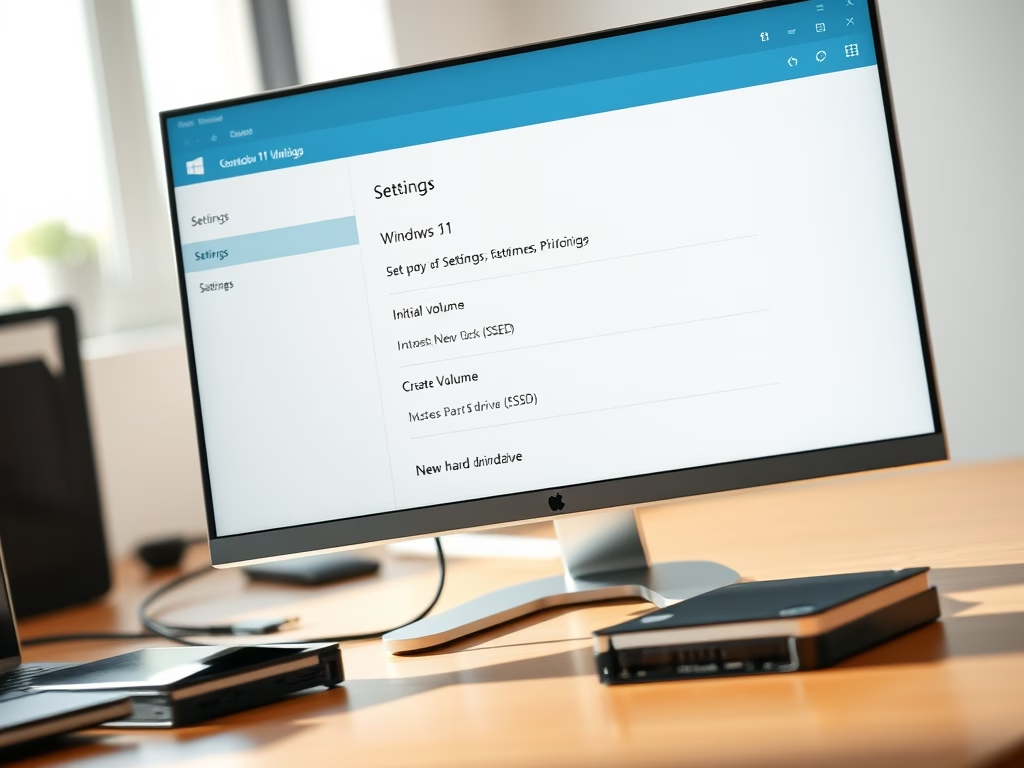


Leave a Reply